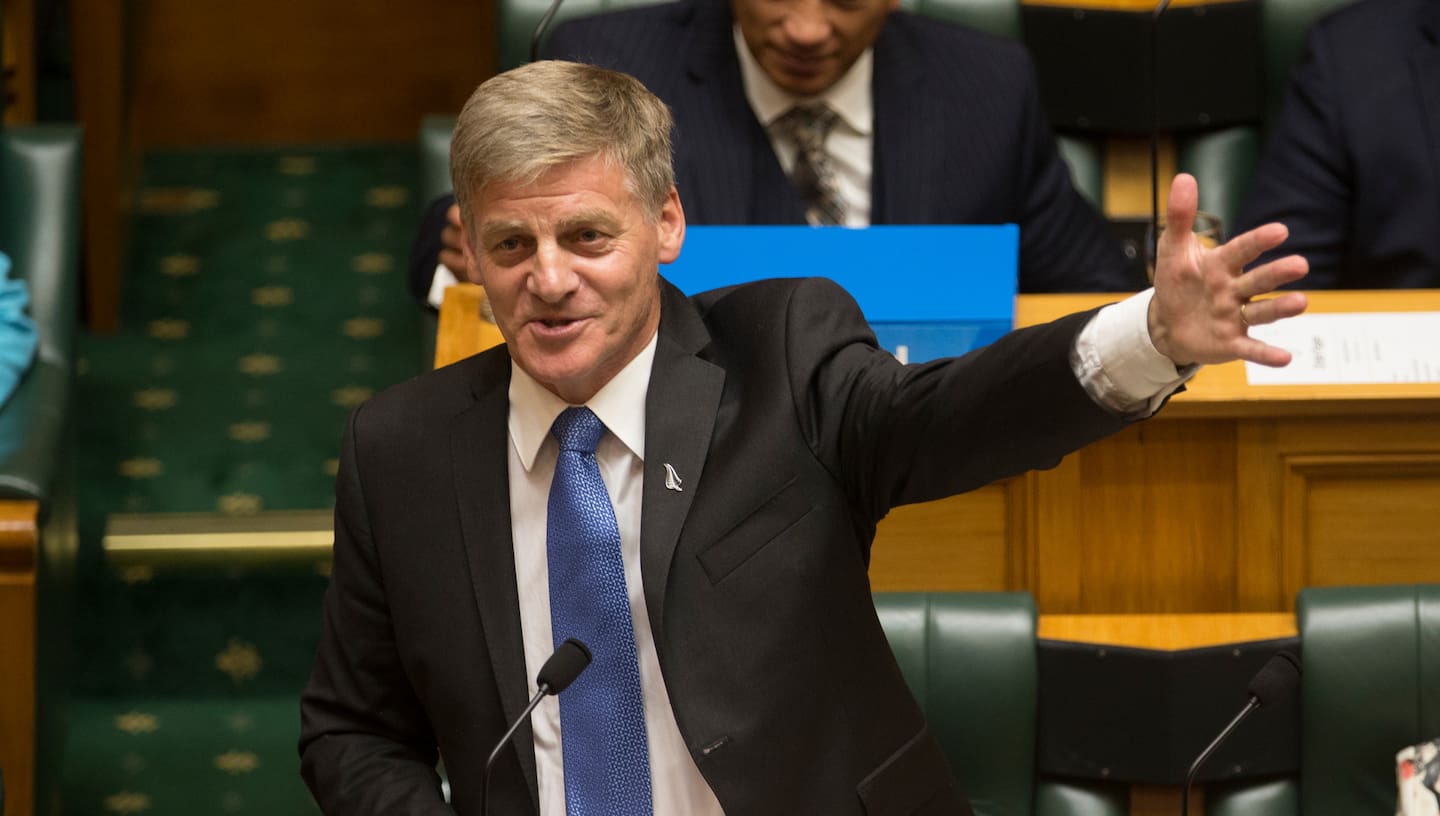
In a landmark case, a group representing Māori landowners and hapū across the country is fighting the Government in court over freshwater rights.
The case centres on assurances given by former Deputy Prime Minister Sir Bill English in 2012 that Māori had rights and interests in freshwater and geothermal resources.
The group says successive governments have failed to act on English’s “solemn promise”, instead pushing Māori out of the freshwater allocation process while the country’s waterways, rivers and lakes become increasingly polluted.
The case was raised by Kingi Smiler, chairman of the Wai Mana Whenua group, a national coalition of Māori landowners, hapū and iwi. It also includes national organisations like the Federation of Māori Authorities (Foma).
The case began in the High Court in Wellington today.
It is not about ownership of the water but recognition that Māori were afforded certain rights to freshwater resources under the Treaty, which was backed up by English’s assurance, and that those rights are not being honoured.

Kingi Smiler, Wai Mana Whenua group chairman. Photo / Alan Gibson
Māori hold an existential, spiritual and intrinsic relationship with water and have long called for the recognition of their freshwater rights. The case keeps alive an almost decade-long parley between the Crown and Māori groups to address the issue and follows two Waitangi Tribunal reports.
At present, the approach allocates freshwater according to which party files a complete application for resource consent first, which the group argues undermines the rangatiratanga of Māori. Rangatiratanga refers to chiefliness or the right to make one’s own decisions to uphold one’s personal status as an individual, whānau, hāpu or iwi.
“Something needs to be done. The fundamental issue is that no Government had been prepared to change the allocation system of first in, first served, and that therefore grandfathers all those people that have those rights,” Smiler said.
Specifically, the group wants the court to rule that the Crown has failed to honour the 2012 assurances and issue an order requiring the creation of a scheme to protect Māori rights and interests before any further water allocations are made.
The group says waterways their people once swam or fished in are now polluted and unable to be used by their grandchildren or any other New Zealanders.
“All Māori have seen is how they used to collect kai [food] in their waterways and they have now been totally degraded. The Crown has taken a position that they can choose the land and use it for what they want and the fact the waterways are degraded and [this has] affected [other New Zealanders] doesn’t have any particular interest to them.”

Sir Bill English, pictured during his valedictory speech in 2018. Photo / Mark Mitchell
At the heart of the applicants’ argument is an affidavit made by English to the High Court in 2012, on behalf of the Crown, over the partial sale of state-owned power companies.
English acknowledged Māori had rights and interests in freshwater and geothermal resources.
This position was recorded in the Supreme Court in 2013 that recognition needed to “involve mechanisms that relate to the ongoing use of those resources and may include decision-making roles in relation to care, protection, use, access and allocation, and/or charges or rentals for use”.
In that 2013 case, one of the reasons the Supreme Court did not find against the Crown was because of the assurances the Government gave the court about action in relation to Māori water rights, saying it accepted “that it is not an empty exercise”.
The case continues in the High Court tomorrow, when the Crown is expected to present its evidence.
Julia Gabel is a Wellington-based political reporter. She joined the Herald in 2020 and has most recently focused on data journalism.
Take your Radio, Podcasts and Music with you









